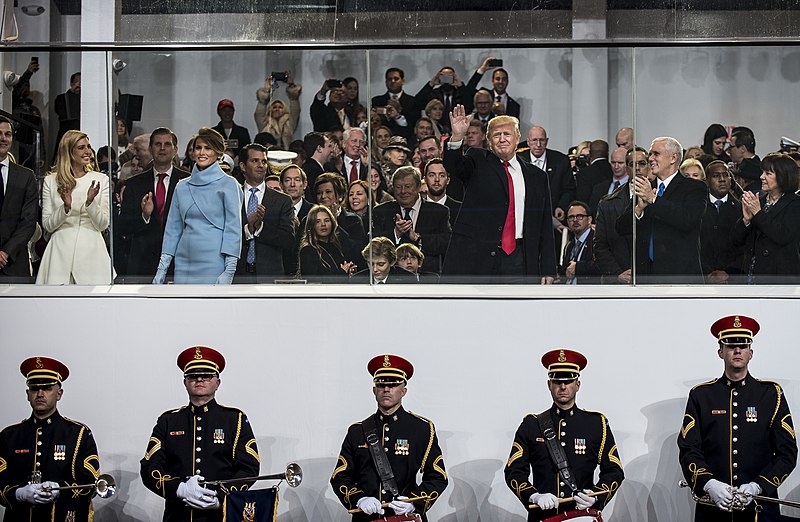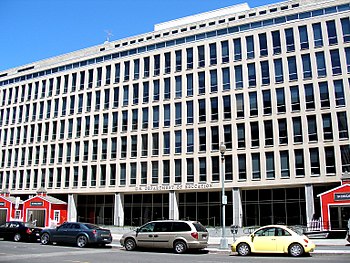
In 2011, American citizens Anwar al-Awlaki and Samir Khan were murdered — killed without charge or trial — on the orders of then-president Barack Obama.
Two weeks later, al-Awlaki’s teenage son, Abdulrahman, also an American citizen, was murdered — again, killed without charge or trial — also on Obama’s orders. When questioned on the propriety of murdering American teenagers, White House spokesman Robert Gibbs asserted that if Abdulrahman al-Awlaki had wanted to live, perhaps he should have had “a more responsible father.”
On January 29, Anwar al-Awlaki’s eight-year-old daughter, American citizen Nawar Anwar al-Awlaki, was murdered, along with about 30 other civilian non-combatants, in the course of a raid by the US Navy’s SEAL Team Six in Yemen.
I have now thrice mentioned that particular murder victims were American citizens. The fact that they were American citizens isn’t really that important in the scheme of things. Murdering people is wrong regardless of the victims’ nationalities. But it does explain why we KNOW about these particular murders.
New US president Donald Trump has a decision to make. Is he going to prosecute American war criminals who murder eight-year-old girls, or is he going to be a war criminal himself?
Because he is new to the job, I’m trying to give Trump the benefit of doubt. It’s quite possible that the mission resulting in young Nawar’s death was planned and on rails before he was ever inaugurated, and that his approval was pro forma and not in full cognizance of what it implied. After all, he’s been a pretty busy guy these last couple of weeks.
If that’s the case, then Trump’s clear duty as commander in chief of the US armed forces is to initiate an investigation aimed at identifying and prosecuting the criminal conspirators whose actions culminated in the murder of dozens of civilians, including Nawar Anwar al-Awlaki.
Otherwise, he himself becomes one of those conspirators.
Of course, it’s possible that he was informed in detail of the mission and signed off on it in full knowledge of its nature. In that case he joins all of his living predecessors (and quite a few long-dead ones) in the rogues’ gallery of war crimes kingpins.
Trump campaigned as a candidate of real change, including in the area of US foreign policy. That would be a good thing for many reasons, not the least of which is that with a quarter century of continuous war comes the near certainty of atrocities and the absolute certainty that when those atrocities go unpunished they will multiply in number and worsen in effect.
The murder of an innocent eight-year-old is a pretty clear decision point: Was Trump serious or was just blowing smoke? How he handles this situation will tell us which.
Thomas L. Knapp (Twitter: @thomaslknapp) is director and senior news analyst at the William Lloyd Garrison Center for Libertarian Advocacy Journalism (thegarrisoncenter.org). He lives and works in north central Florida.
PUBLICATION HISTORY
- “War Crimes: Key Decision Point for a New President,” by Thomas L. Knapp, Antiwar.com, 02/02/17
- “War Crimes: Key Decision Point for a New President,” by Thomas L. Knapp, CounterPunch, 02/03/17
- “War Crimes: Key Decision Point for a New President,” by Thomas L. Knapp, OpEdNews, 02/03/17


